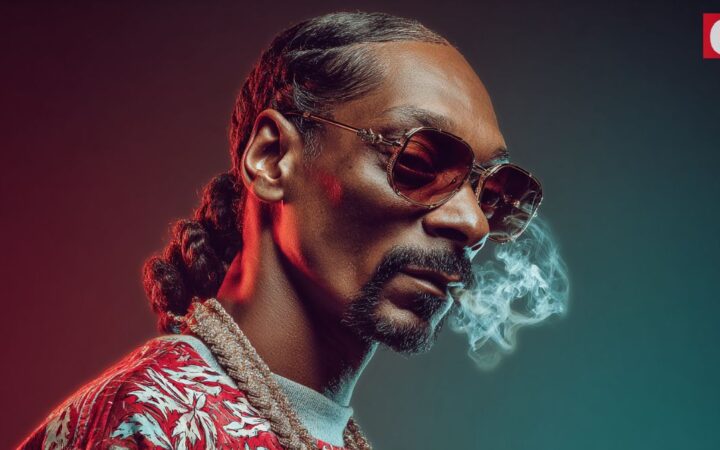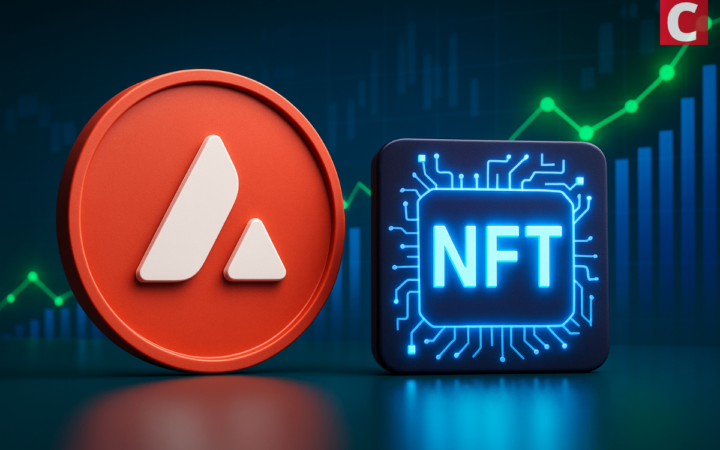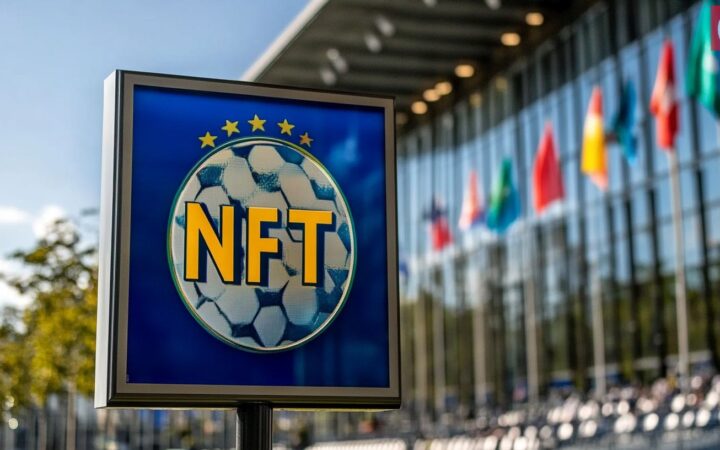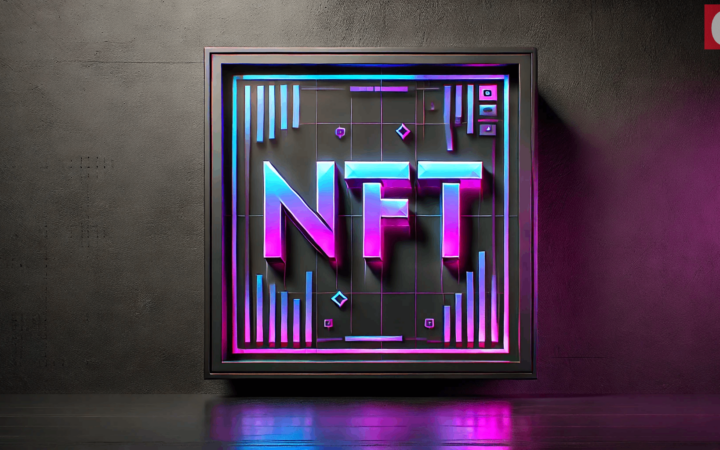
Please check out latest news, expert comments and industry insights from Coinspeaker's contributors.
NFTs have set precedence as the first crypto innovations that resonate with a majority of the world’s population.
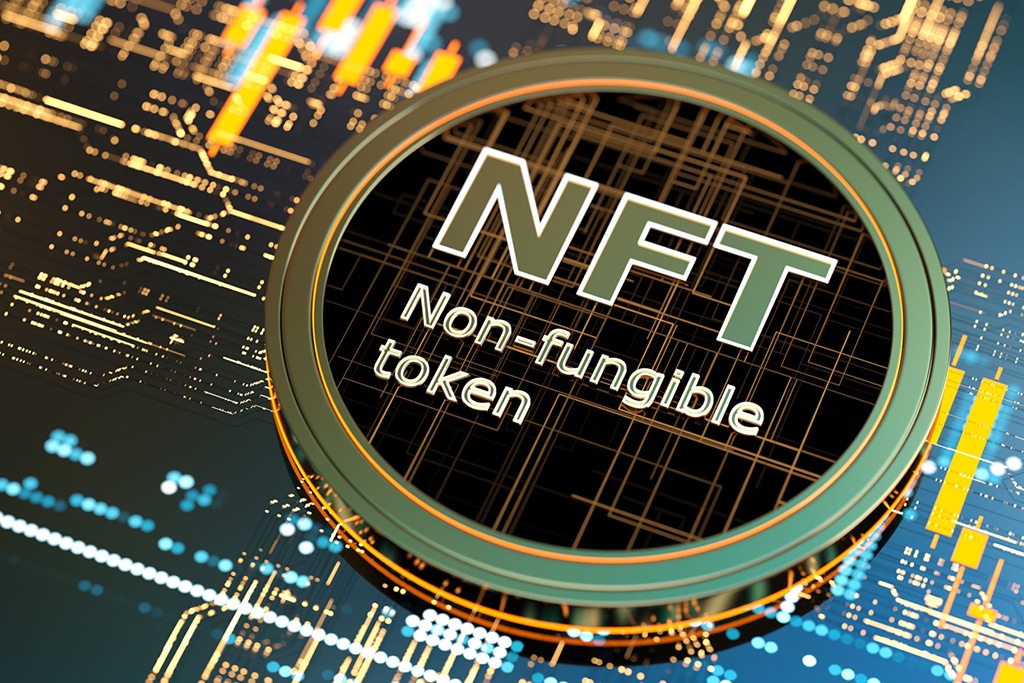
Non-fungible tokens (NFTs) are the latest kid on the block within the burgeoning cryptocurrency market. This ecosystem has become popular amongst crypto natives and stakeholders in the art and entertainment industry. As per the latest report by DappRadar, NFTs recorded $23 billion in trading volumes in 2021, marking a grand debut as one of the most futuristic innovations to launch in the digital asset economy.
Unlike Decentralized Finance (DeFi), NFTs have attracted a larger audience given their value proposition as indistinguishable assets. Ideally, NFTs are designed as unique blockchain-based assets which means that each digital collectible has its own underlying value. As such, they have become a popular on-chain asset, setting the stage for the tokenization of digital economies and off-chain property such as valuable artistic pieces.
With NFTs becoming a major trend, prominent celebrities in Hollywood and other entertainment blocks across the world are now leveraging these digital collectibles to integrate their work with existing on-chain markets. Some of the prominent artists who have immersed themselves in the NFT world include rapper Snoop Dogg and Post Malone; both are members of the Bored Ape Yacht Club (BAYC), a leading NFT collection featuring pixel generated ‘Bored Apes’.
That said, let’s delve deeper into how NFTs are changing the game for creatives in the art and entertainment industries.
Before the invention of NFTs, most digital artists relied on centralized platforms such as Twitter to showcase and market their work. However, NFTs have leveled up the playing field by enabling creatives to tokenize their work into digital collectibles. This means that one can sell digital art as a unique on-chain asset instead of relying on centralized marketplaces to realize some form of compensation.
Tokenized NFTs are not only being sold in decentralized markets, traditional art galleries such as Christie’s and Sotheby are now offering exposure to this upcoming asset class. The former is especially popular for facilitating the $69 million sale of Beeple’s ‘Everydays: The First 5,000 Days’ collection that marked a record sale in the larger art industry. It is the third-largest grossing art sale for a living artist, following David Hockney and Jeff Koons.
Since the invention of the internet, stock media (content available for reuse by others) has relied on centralized platforms for distribution. A model that favours intermediaries, leaving creators and consumers with peanuts from the bargain. Well, decentralized stock content platforms such as Envision are leveraging NFTs to solve this inequality. This project bases its fundamental architecture on blockchain tech, creating a peer-to-peer ecosystem for the stock media market.
Designed as a one-stop-shop, the Envision stock media marketplace allows creators (photographers and videographers) to directly feature their content on its decentralized market ecosystem. Content creators have the autonomy of setting their preferred prices while consumers can purchase this content as NFTs. This effectively eliminates the middlemen who have been charging creators hefty fees, not to mention that they can retain some rights to the content. Notably, Envision is powered through a native utility token VIS, with the token sale commencement scheduled for 1st March 2022.
Music is another creative niche where NFTs have shown significant potential. It comes as no surprise that Hollywood heavyweights are jumping on the trend. Some of the popular celebrities that have launched music NFTs include the Kings of Leon band and Canadian rapper Tory Lanez. The latter has partnered with blockchain-oriented firm Bondly.Finance to release 450 NFTs music tracks, alongside a virtual meet and greet chance.
John Legend, a twelve-time Grammy-winning icon, is also set to launch an NFT-oriented music platform in collaboration with OurSong. This social commerce marketplace will allow artists to create NFT-backed music dubbed ‘Vibes’. In addition, the users will be able to monetize fan engagement, featuring private chat rooms where consumers can access some privileges such as sampling unreleased music. A trend that is fast gaining traction amongst the tech-savvy Hollywood community.
Following the disruptions by the Covid-19 pandemic, most of the activities have shifted to virtual ecosystems. NFTs and the metaverse are making the experience more immersive by introducing virtual worlds where people can replicate real-world activities. For instance, Paris Hilton has created a virtual island on Roblox, allowing fans to virtually explore her Beverly Hills estate and other experiences.
“For me, the metaverse is somewhere that you can do everything you can do in real life in the digital world,” noted Hilton.
Snoop Dogg has also invested in the metaverse; the rapper bought a virtual land parcel on The Sandbox where he plans to build the ‘Snoopverse’. This virtual property will feature a replica of his California mansion that will be used to host virtual events. Given the futuristic value of the Snoopverse, one investor recently spent half a million dollars to buy a parcel that is next to Snoop Dogg’s property on The Sandbox.
NFTs have set precedence as the first crypto innovations that resonate with a majority of the world’s population. Dallas Mavericks owner Mark Cuban told CNBC that even though he paid attention to Bitcoin and altcoins, NFTs are what made the most sense:
“I always paid attention to bitcoin, the pricing, the tokens and the [crypto]currencies, But what really got me into it was, about a year ago, when I minted my first NFT.”
While most of the existing NFT innovations are focused on gaming and the art industry, the trend will likely catch up with other sectors such as real estate and the stock market. Simply put, NFTs are the assets of the future.
Disclaimer: Coinspeaker is committed to providing unbiased and transparent reporting. This article aims to deliver accurate and timely information but should not be taken as financial or investment advice. Since market conditions can change rapidly, we encourage you to verify information on your own and consult with a professional before making any decisions based on this content.

Please check out latest news, expert comments and industry insights from Coinspeaker's contributors.
